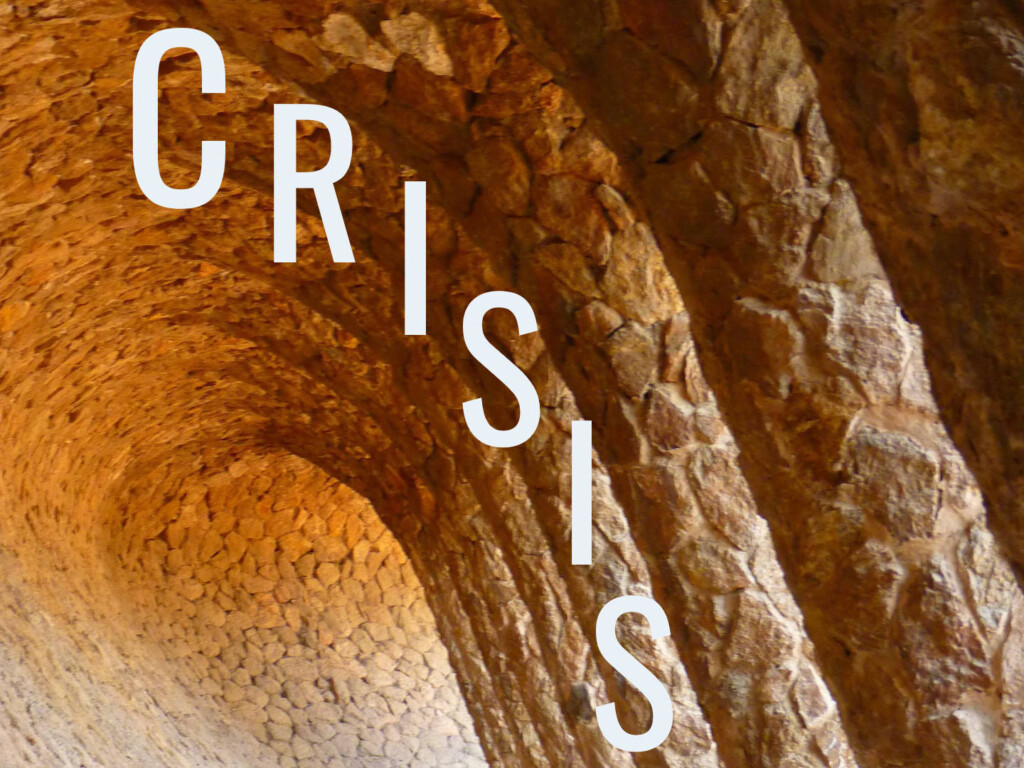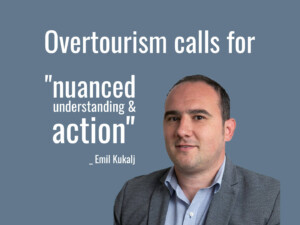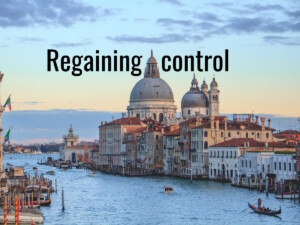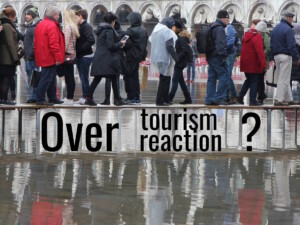For real: Barcelona’s housing crisis caused by anti-hospitality policy, not tourism

Property management professional Saverio Francesco Bertolucci shares his views on Barcelona’s housing crisis and the anti-tourism politics at play in his adopted home city.
Published in collaboration with Tourism’s Horizon: Travel for the Millions, a “Good Tourism” Insight Partner, it’s Mr Bertolucci’s seventh “GT” Insight.
[You too can write a “GT” Insight.]
On the anti-tourism radar
The most visited Spanish city, Barcelona, is rarely off the radar of the anti-tourism academic and media establishment. The numbers call into question their pessimistic moralism.
Despite the alleged political turmoil around tourism, Barcelona continues to attract global appreciation: The Catalan capital is the world’s eighth most attractive city for visitors and entrepreneurs. The latter, attracted to hospitality-based places and lifestyles, inject energy, creativity, and inclusive employment into their newly adopted home.
While a few loud (and sometimes confrontational) Barcelona residents, backed by the supposedly learned opinions of leftist professors, berate and chant at tourists — and squirt water at them while they are eating — Barcelona has reached its lowest unemployment rate in 16 years (6.1%).
Furthermore, despite welcoming an astonishing 15.6 million visitors to their city in 2023, 72.6% of Barcelona residents had a positive perception of the hospitality economy. Meanwhile, only 23.5% of them feared ‘overtourism’, down from 43.6% six years earlier.
So what’s all the fuss about?
The politics of housing
Although Barcelona’s visitor economy is a unique asset for a city positioning itself for a brighter tomorrow, the populist left’s “housing for all” propaganda has successfully stoked fears of holiday rentals taking homes away from locals.
It started in the early 2010s when laws restricted the construction of new downtown hotels while allowing classification upgrades to existing properties. Consequently, hotel room rates surged, as did visitors’ preference for short-term rentals of residential apartments.
Forged by the subsequent politics of fear, the dagger to the heart of a healthy property market was a law approved on November 7, 2023 to ban all holiday rental lodgings by 2028. This means that property owners will no longer be able to rent out their spaces for 31 nights or fewer to the likes of long-stay holiday-makers and digital nomads.
One would think that the new law would put more apartments on the long-term rental market. However that market is also now heavily regulated by the government. The “Ley de Vivienda” (housing law) imposes rent controls on privately-held properties available for long-term rentals of 12 months or longer.
Read more by Saverio Francesco Bertolucci
Currently, all rentals of 12 months or longer (so called “permanent rentals”) of properties up to 150 sqm in area, or whose rents are below EUR 7,256.50 per month, are subject to these price controls. This statist diktat creates a two-tiered market in which those who own luxury housing options may continue to voluntarily engage in the normal supply-demand pattern of a market, while those who don’t, can’t.
What was obvious to many, but apparently not so clear to policy-makers, was that ordinary property owners acting in responsible and sustainable financial self-interest would choose to pursue the more attractive market-driven yields of “temporal rentals” (between 32 nights and 11 months), which are not affected by any pricing policy from the Generalitat, the regional government.
As a result Barcelona has lost 75% of its long-term rental supply over the past five years, the worst national result by a huge margin. And, no surprise, a lack of available long-term apartments, and the continued appeal of the city to wealthy foreigners looking to rightfully secure homes in a wonderful town, drove underlying prices even higher.
So government meddling did not exactly grant housing for everyone …
Waking up in Barcelona
Many experts, including Idealista’s spokesperson Francisco Iñareta, have shown through their findings how a naïve and ill-considered policy-making agenda was a substantial cause of Barcelona’s housing problems, leaving young generations and the middle class on the brink. Meanwhile, tourism ‘experts’, along with unrepresentative “social movement activists”, continue to prescribe a nonsensical degrowth agenda for Barcelona.
Most Barcelonans are not afraid of tourism and tourists. Indeed they are coming to realise how much the city’s visitors, and the hospitality economy that serves them, have been scapegoated for very real but very complex problems in society.
More content tagged ‘Carrying capacity, mass tourism, and overtourism’
The truth is that Barcelona’s housing crisis is being created by administrators who believe in government control of private properties. The evidence at home and abroad, contemporaneous and historical, is that such control simply does not work.
We talk about ‘overtourism’ too much in Barcelona, and in other beloved places. Instead, we need to turn our attention to governments, bureaucrats, and town planners, and hold them to greater account.
The reality is that there is room for all types of people in my adopted city: Tourists, lifelong inhabitants, temporary residents, and new wealthy citizens. It is time for Barcelonans to wake up, and discover what really ails such a fantastic place.
What do you think?
Share your own thoughts about the relationship between hospitality and housing in Barcelona or elsewhere. (SIGN IN or REGISTER first. After signing in you will need to refresh this page to see the comments section.)
Or write a “GT” Insight or “GT” Insight Bite of your own. The “Good Tourism” Blog welcomes diversity of opinion and perspective about travel & tourism, because travel & tourism is everyone’s business.
“GT” doesn’t judge. “GT” publishes. “GT” is where free thought travels.
If you think the tourism media landscape is better with “GT” in it, then please …
About the author
Saverio Francesco Bertolucci studied international tourism & leisure at Università di Bologna, Italy and sustainable tourism development at Aalborg University, Denmark.
A business development specialist with VDB Luxury Properties in Barcelona, Spain, the quadrilingual Italian is interested in destination management, the experience economy, and customer care. Saverio says that he has a “personal passion for social sustainability, remote tourism, and co-creation”.
Featured pic (top of post)
El Pórtico de la Lavandera, Park Güell, Barcelona, Spain. Image by LoggaWiggler (CC0) via Pixabay. “GT” cropped it and added the letters that spell out “CRISIS”.






